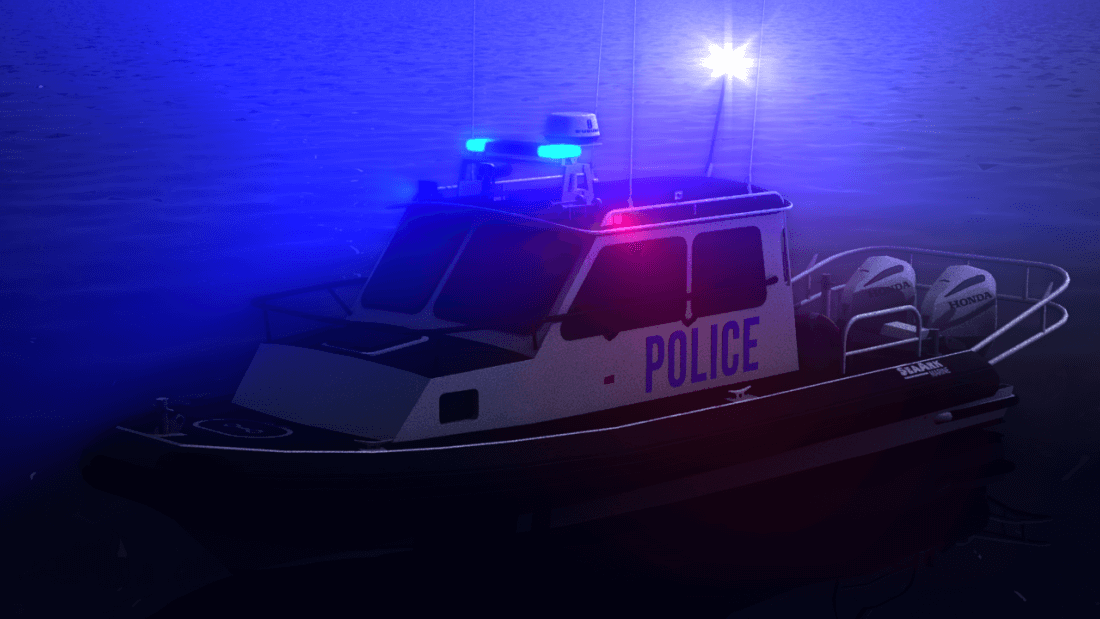Boating and use of drugs or alcohol in California

Boaters operating in California are subject to its laws governing the use of drugs or alcohol. No one is allowed to drive a boat while under the influence of drugs or alcohol, and operating a power craft in this way is a criminal offense.
Operating any vessel, personal watercraft, water skis or similar recreational equipment while intoxicated is against the law. Alcohol and drugs impair judgment and coordination — two qualities essential for safe boating.
What is the Blood Alcohol Concentration (BAC) Limits in California?
If a boater has a blood alcohol level of 0.08% or higher, he/she shall be considered to be under the influence of alcohol.
Evidence of a level of at least 0.05%, but less than 0.08%, can be used by authorities, along with other evidence in order to determine if the person was operating a watercraft while intoxicated by alcohol.
What blood alcohol concentration level is it illegal for a person younger than 21 to operate a vessel?
If a person is under 21, that person may not operate a watercraft if it is operated with any measurable alcohol level (set at 0.01% or higher).
Can you drink and drive a boat in California?
It is against the law to operate a vessel while under the influence of intoxicating liquor or drugs.
Can you drink while being a passenger on a boat?
While it isn't illegal to drink alcohol on a boat, it is against the law to operate a vessel while under the influence of intoxicating liquor or drugs. The blood alcohol limit for boating is the same as that for driving a car - 0.08%.
What is the penalty for BUI in California?
Anyone convicted of operating a vessel while under the influence of alcohol and/or drugs is liable to a fine of up to $1,000 and/or one year in the county jail.
It is recommended that neither boat operators nor passengers drink alcoholic beverages while boating.
Facts about Consuming Alcohol While Boating:
-
Intoxicated passengers can easily fall overboard, swim near the propeller, lean over the side, or stand up in small vessels, causing vessels to capsize.
-
Sun, wind, boat and wave action intensify the effects of alcohol.
-
Alcohol greatly increases the effects of hypothermia.